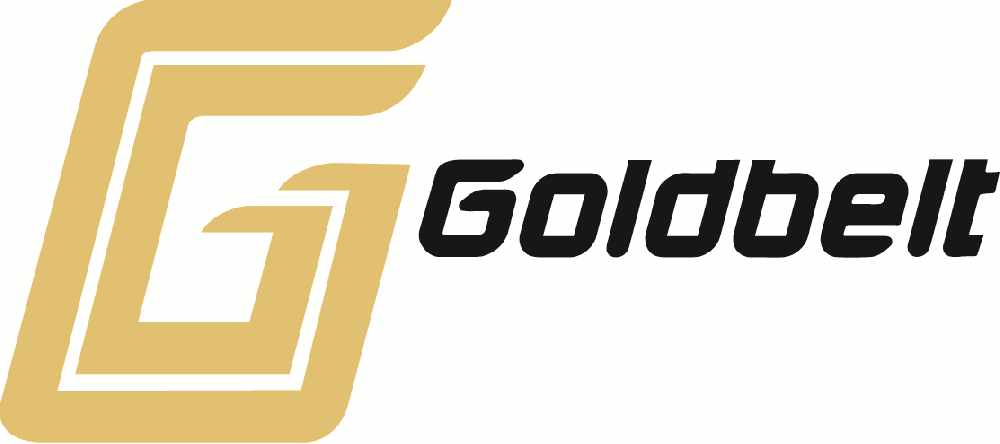
Juneau, Alaska (AP) - Financial regulators have fined a shareholder of an urban Alaska Native company $1,000 over comments made on social media about inaction by the state agency responsible for financial oversight.
Goldbelt, Inc. shareholder Ray Austin complained to the Alaska Division of Banking & Securities in 2018 that board members were violating regulations by not filing financial disclosures, but he said the agency did nothing.
Austin then complained about that and a separate filed complaint in a Facebook forum in 2019, while running for a seat on the board, revealing information not known to other shareholders, CoastAlaska reported.
“I will not only speak up, but I will take action on behalf of the shareholders. If I am elected to serve as your board member, I will work to support integrity, enforcement of all ethics, reduce costs, and increase revenue,” Austin said in the post.
Austin was fined for not filing disclosures of his own with the agency before publicly seeking election campaign support and for getting a date wrong in his post, that regulators classified as “material misrepresentation.”
Normally board members are not allowed to work for corporations that they oversee, but he was an exception.
State financial regulators are empowered to regulate any public statement that could influence a board election in a Native corporation, which they argued Austin's post seeking support from shareholders was.
The rule was designed to block misleading information that could affect projects and investors, but some have argued the rule silences shareholders of regional, urban, and village Native corporations.
“Freedom of speech is important. I think, shareholders or anyone should have the right for freedom of speech,” Austin said, “and it appears that we don’t.”
Alaska's Banking & Securities Division Chief of Enforcement Leif Haugen disagreed, saying every complaint is treated equally. He declined comment on the allegations since investigative files are confidential.
This comes as the Alaska Supreme Court is reviewing the state’s regulations over shareholder speech.
The court has already heard arguments from the American Civil Liberties Union, challenging the state’s power to regulate any speech in print or online that could influence the governance of Native corporations.
“Any person, theoretically, who gets involved in soliciting proxies could become a respondent in an Alaska Native Claims Settlement Act complaint,” Haugen said. “I can tell you that I haven’t seen that in my time here. But I guess it’s theoretically possible.”


 Late Rep. Knopp's name to remain on 2020 primary ballot
Late Rep. Knopp's name to remain on 2020 primary ballot Juneau school year to start online for all schools
Juneau school year to start online for all schools CBJ to distribute free cloth masks to public
CBJ to distribute free cloth masks to public Grummett Wetlands on Douglas set aside as conservation area
Grummett Wetlands on Douglas set aside as conservation area Feds grant ADOT $28.8M for COVID-19 response
Feds grant ADOT $28.8M for COVID-19 response DHSS adds 2 new resident COVID-19 cases in Southeast
DHSS adds 2 new resident COVID-19 cases in Southeast University regents may revisit UAS study decision at Wednesday meeting
University regents may revisit UAS study decision at Wednesday meeting CCFR, JPD and Coast Guard assist in water rescue
CCFR, JPD and Coast Guard assist in water rescue Fred Meyer issues onion recall over Salmonella
Fred Meyer issues onion recall over Salmonella Ketchikan Assembly postpones mandate request to Gov. Dunleavy
Ketchikan Assembly postpones mandate request to Gov. Dunleavy Board of Regents will discuss merger between UAS, UAF
Board of Regents will discuss merger between UAS, UAF Kenai school district will require masks for grades 3-12
Kenai school district will require masks for grades 3-12